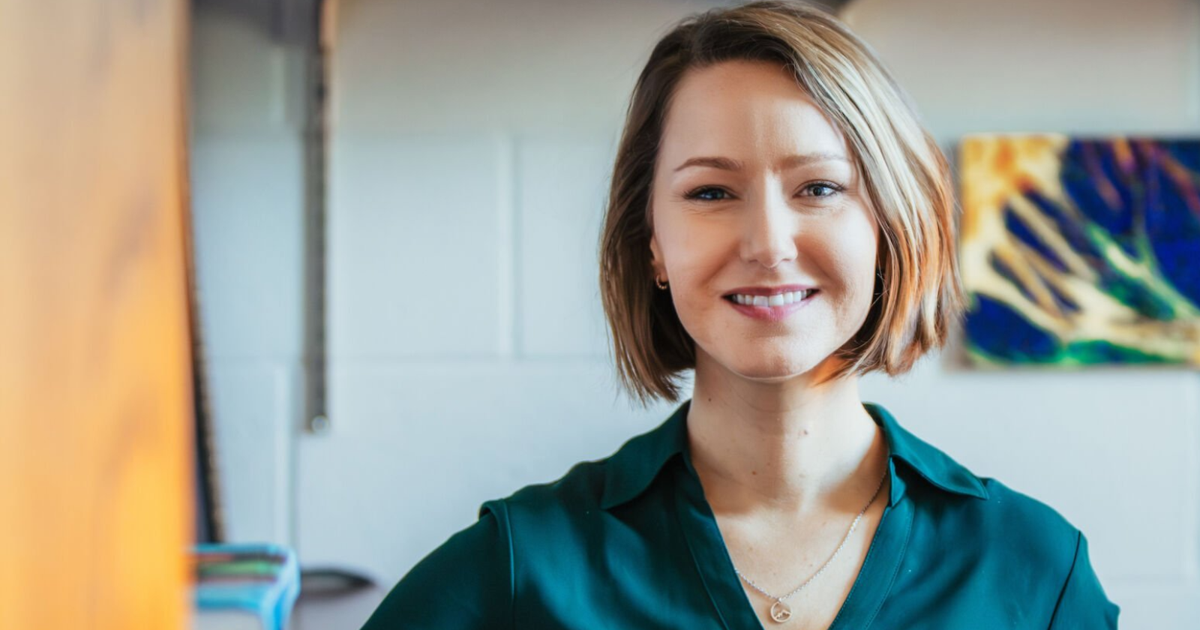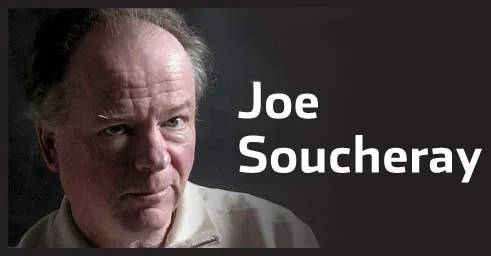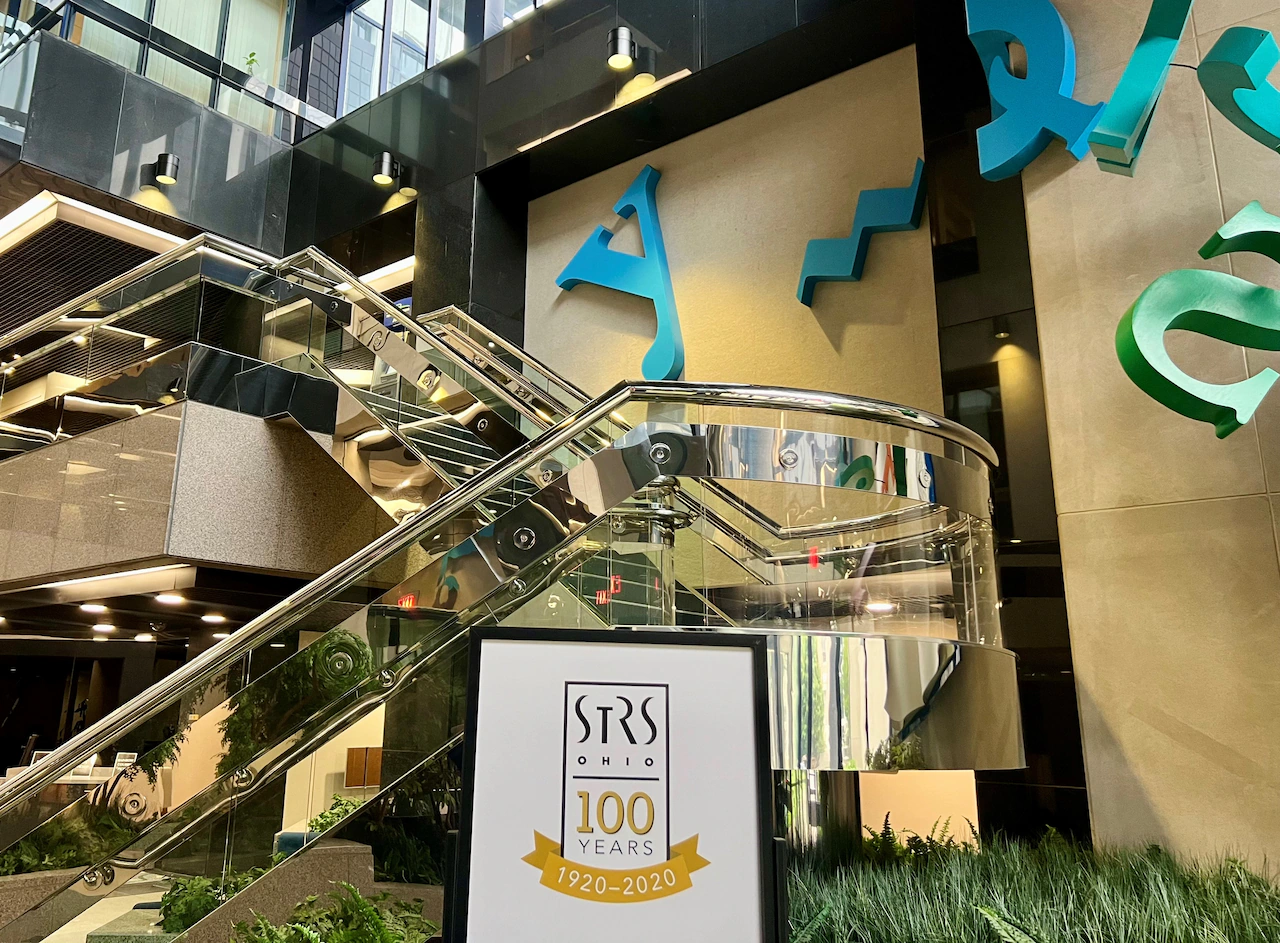
You spend an evening at a loud, busy bar or restaurant, straining to hear and make sense of what your friends are saying. It’s not late when you get home, but you’re more fatigued than you think you should be.
That extra expenditure of mental energy is what researchers call “listening effort.” And while it’s one thing for people with typical hearing to experience it on occasion, the extra mental work can start to add up even in quieter environments for people with hearing loss.
For young people in particular, that added effort can take a toll on classroom learning, communication with family and friends and even mental health over the long term, said Kelsey Anbuhl, an assistant professor of biomedical sciences at Creighton University School of Medicine.
Anbuhl, who joined Creighton in 2024 after completing postdoctoral training at New York University, recently received a $726,000 grant from the National Institutes of Health that will help her advance her research on hearing loss among teens and young adults, a group often overlooked in studies of auditory health.
Specifically, she’s focused on the neural mechanisms that may underlie listening effort.
In an earlier phase of her research, now completed, Anbuhl discovered a previously unidentified neural pathway between two regions of the brain in lab animals with hearing similar to that of humans that appears to help the organ manage listening when the task becomes difficult, such as in loud bars or restaurants.
That work was published earlier this year in the Proceedings of the National Academy of Sciences.
Working with Creighton students, she next plans to look at how hearing loss in adolescence affects the function of that neural pathway, again in an animal model. She theorizes that it may also come into play and provide extra support in people with hearing deficits.
Once researchers understand how hearing loss may be altering the brain, she said, they may be able to better test therapies or technologies that can help young people — and eventually others — navigate hearing deficits.
“If we can figure out a way to reduce listening fatigue, that has implications not just for teen hearing loss but for hearing loss at all ages,” she said.
Many researchers studying hearing loss currently focus on very young children or older adults.
Listen now and subscribe: Apple Podcasts | Spotify | RSS Feed | SoundStack | All Of Our Podcasts
Adolescents and young adults haven’t received the same attention, yet researchers are seeing more subtle hearing loss in that age group, either from the lingering effects of earlier ear infections or high-frequency hearing loss from listening to music that’s too loud.
“That type of hearing loss often goes undetected for months or years at a time,” she said.
Researchers already know that hearing loss is a risk factor for cognitive decline in older people. But for adolescents, the additional cognitive fatigue hearing loss brings may have ripple effects on relationships with peers, school performance and mental health.
Meanwhile, Anbuhl is getting her new lab up and running. Alyssa Price, a first-year biomedical sciences graduate student working in the lab, said she met Anbuhl at a conference this year and was interested in how her research married behavior and physiology.
“When you pair the two of them they can explain each other and it’s kind of like a perfect match,” said Price. She previously earned a bachelor’s degree in psychology but has worked in auditory neurosciences for three years.
For Anbuhl, however, the subject isn’t just theoretical.
“It’s very personal to me, because I have hearing loss myself,” she said.
She was diagnosed with significant hearing loss in both ears before her third birthday.
She was fitted with hearing aides in both ears and continues to wear them today. She faced the challenge of trying to hear her teachers and classmates in noisy classrooms. She felt she had to work much harder to gather basic information throughout her education.
While it’s been a long process, she said, she eventually became more confident in sharing that she has hearing loss and asking those around her to speak more clearly or loudly if she’s having trouble hearing them.
That perspective, she said, is among the reasons that drew her to Creighton. It’s home to the Dr. Richard J. Bellucci Translational Hearing Center, a collaboration among hearing researchers at Creighton, the University of Nebraska Medical Center and Boys Town National Research Hospital.
Anbuhl said she also wanted the opportunity to work with Peter Steyger, the center’s director and a Creighton biomedical sciences professor. Steyger has hearing loss and wears cochlear implants.
“I actually do have an interesting perspective on the research because of it,” she said.
Love
0
Funny
0
Wow
0
Sad
0
Angry
0
Be the first to know
Get local news delivered to your inbox!
* I understand and agree that registration on or use of this site constitutes agreement to its user agreement and privacy policy.
Julie Anderson
Get email notifications on {{subject}} daily!
Your notification has been saved.
There was a problem saving your notification.
{{description}}
Email notifications are only sent once a day, and only if there are new matching items.
Followed notifications
Please log in to use this feature
Log In
Don’t have an account? Sign Up Today



